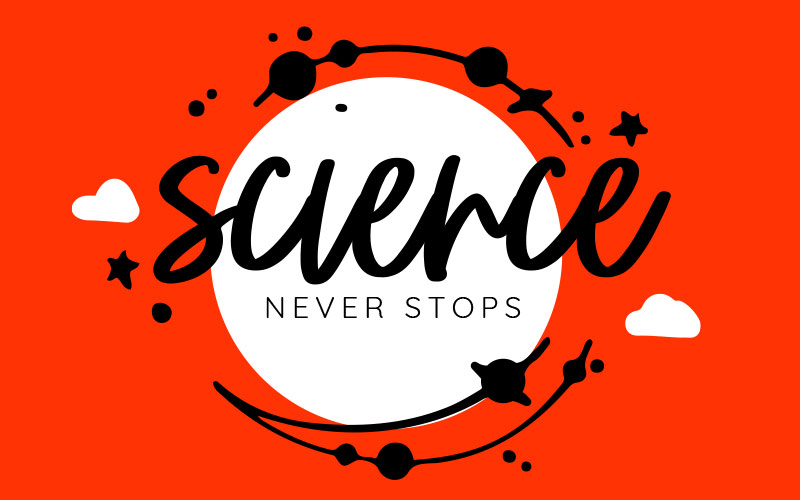
Science Never Stops is a digital collection of short learning segments featuring Rocket Center educators leading hands-on activities, talking with STEM professionals and exploring STEM concepts and ideas. Searchable by science field or grade level, these fun videos are a great addition to a classroom enrichment or a fun family activity. Learn by doing, learn from a professional or learn with an artifact with Science Never Stops.
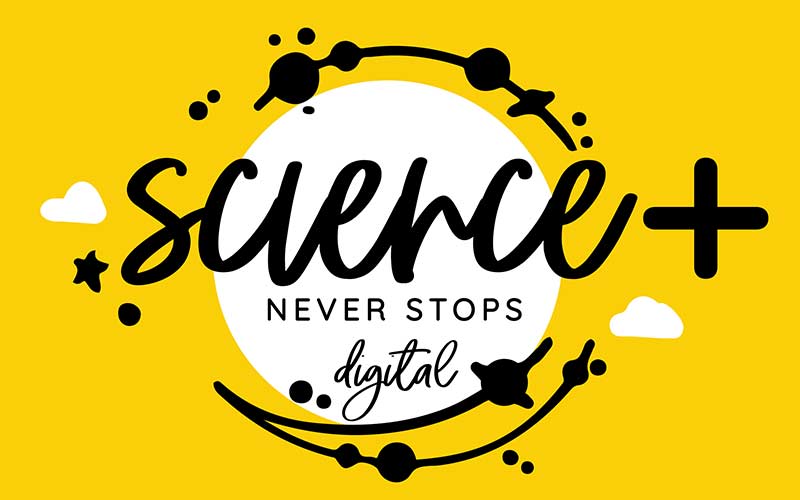
Science Never Stops + is a series of learning modules designed for teachers and families to explore farther and learn more about concepts like rockets, drones and satellites. These learning modules include step-by-step instructions for re-creating fun activities in your classroom or home and tie STEM concepts to STEM careers. Themes are correlated to key science concepts across grade levels. Bring your curiosity and explore with us!
Pick one or more of the selections below to explore our library of Science Never Stops videos or Science Never Stops + modules
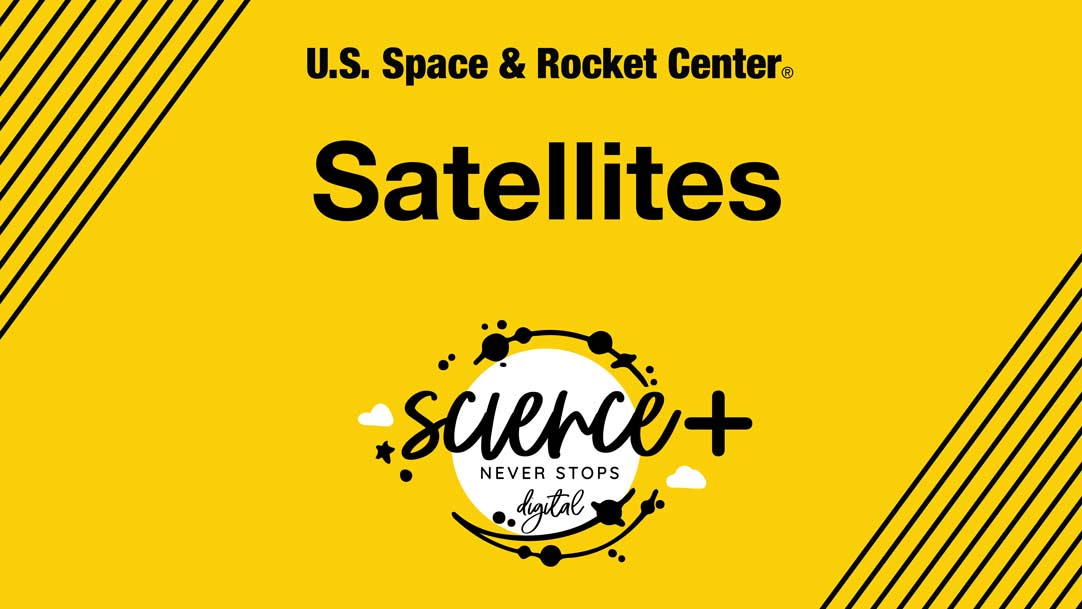 Learn about the history of satellites, hear from Chris Crumbly, a former manager of NASA’s Space Launch System’s Payload Integration Office at Marshall Space Flight Center, define different orbits used by satellites, investigate the role of sensors on satellites. and more.
Learn about the history of satellites, hear from Chris Crumbly, a former manager of NASA’s Space Launch System’s Payload Integration Office at Marshall Space Flight Center, define different orbits used by satellites, investigate the role of sensors on satellites. and more.
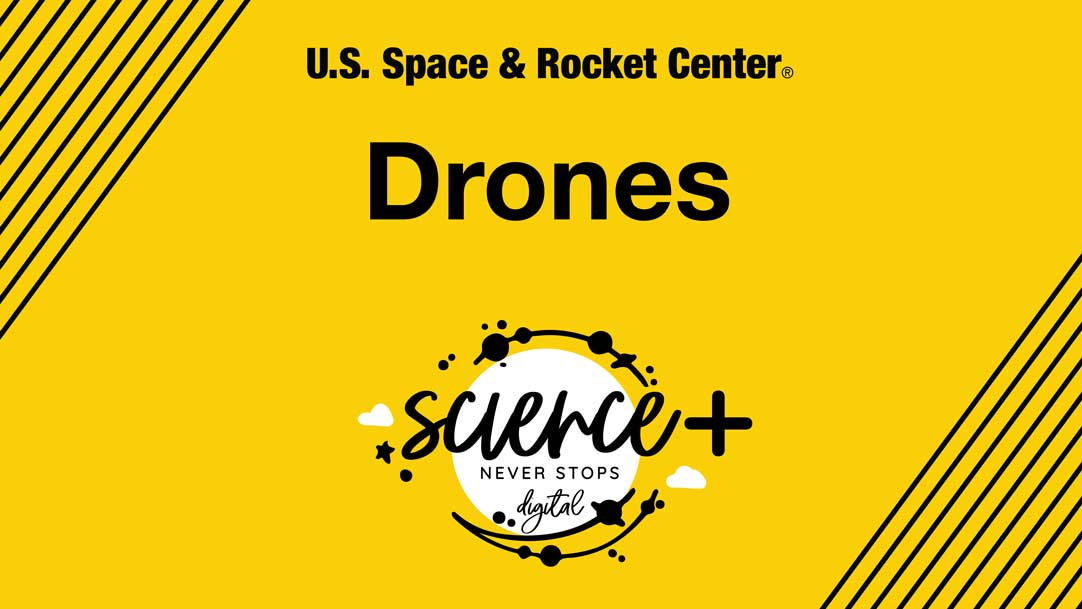 Learn about different types of drones, hear from Casey Calamaio, an engineer who works at the University of Alabama in Huntsville specializing in Unmanned Aircraft System Research, investigate rotary flight, learn about the future of drone technology, the four forces of flight and more.
Learn about different types of drones, hear from Casey Calamaio, an engineer who works at the University of Alabama in Huntsville specializing in Unmanned Aircraft System Research, investigate rotary flight, learn about the future of drone technology, the four forces of flight and more.
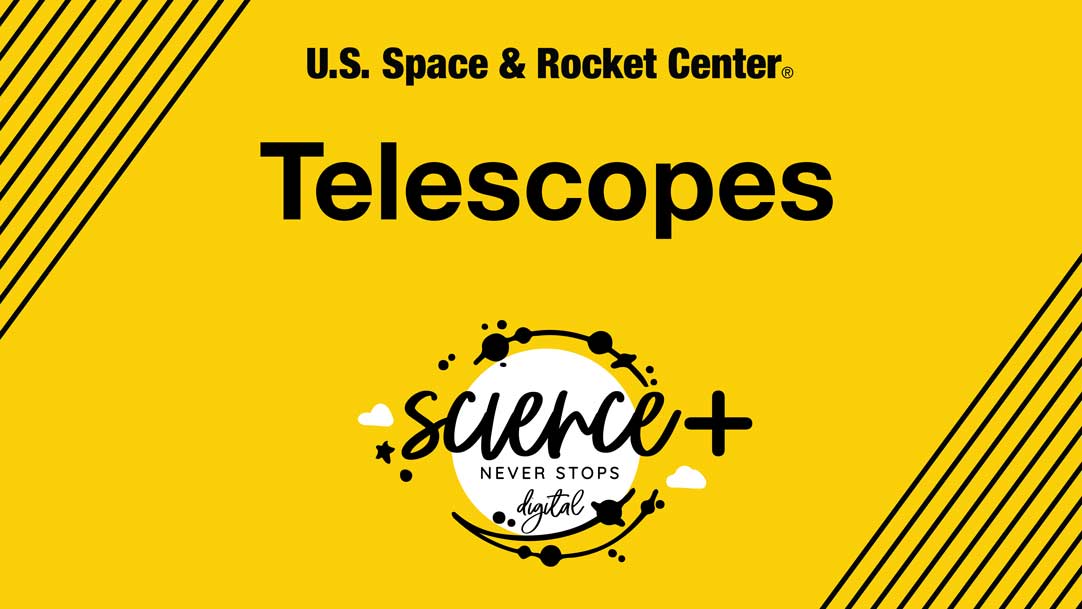 Learn how telescopes work, hear from the U.S. Space & Rocket Center’s own Planetarium Director, David Weigel, investigate the effects of lenses and mirrors on light, apply the principles of refraction to create a simple telescope, learn about the Chandra X-Ray Observatory, the Hubble Space Telescope and more.
Learn how telescopes work, hear from the U.S. Space & Rocket Center’s own Planetarium Director, David Weigel, investigate the effects of lenses and mirrors on light, apply the principles of refraction to create a simple telescope, learn about the Chandra X-Ray Observatory, the Hubble Space Telescope and more.
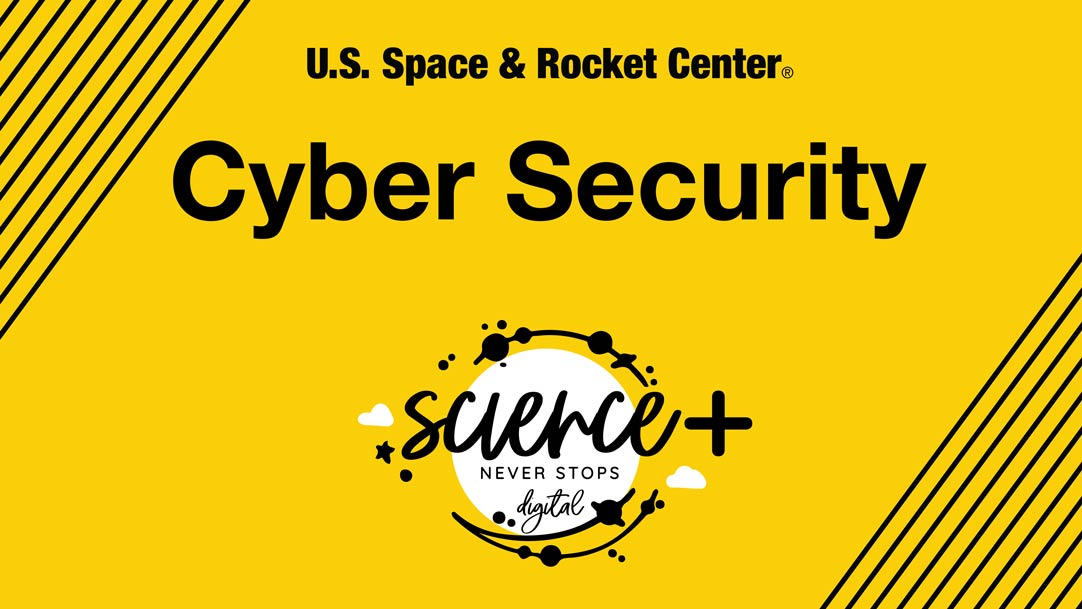 Learn about cryptography and encryption, hear from Shawnessy Scott, a senior analyst who works with the space/defense industry in Huntsville Alabama, experiment with ciphers, learn about the history of the Enigma machine and more.
Learn about cryptography and encryption, hear from Shawnessy Scott, a senior analyst who works with the space/defense industry in Huntsville Alabama, experiment with ciphers, learn about the history of the Enigma machine and more.
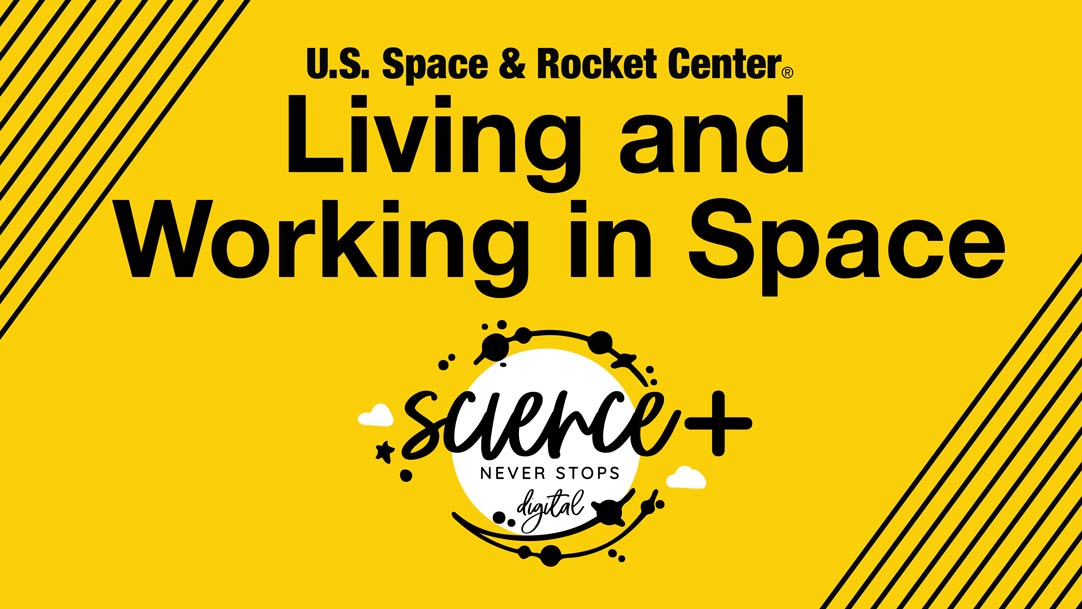 Learn about living and working on the International Space Station, hear from Penny Pettigrew, ISS Payload Communications Manager at NASA’s Marshall Space Flight Center, calculate daily calorie needs, simulate astronaut food, experiment with mold and rot, learn about Hydroponic Gardens and more.
Learn about living and working on the International Space Station, hear from Penny Pettigrew, ISS Payload Communications Manager at NASA’s Marshall Space Flight Center, calculate daily calorie needs, simulate astronaut food, experiment with mold and rot, learn about Hydroponic Gardens and more.
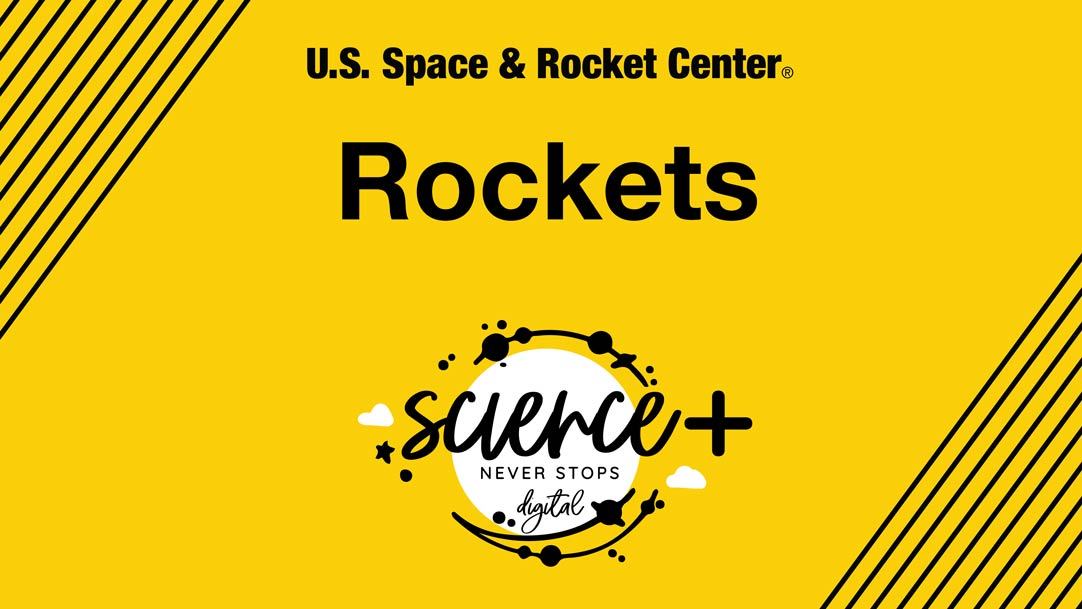 Learn about the history of rockets, hear from Terry Abel, an aerospace engineer, apply the principles of center of mass and pressure, demonstrate that the thrust of a rocket is a force that can counteract and overcome gravitational force, learn about the Saturn V rocket, the Space Shuttle, Artemis and more.
Learn about the history of rockets, hear from Terry Abel, an aerospace engineer, apply the principles of center of mass and pressure, demonstrate that the thrust of a rocket is a force that can counteract and overcome gravitational force, learn about the Saturn V rocket, the Space Shuttle, Artemis and more.
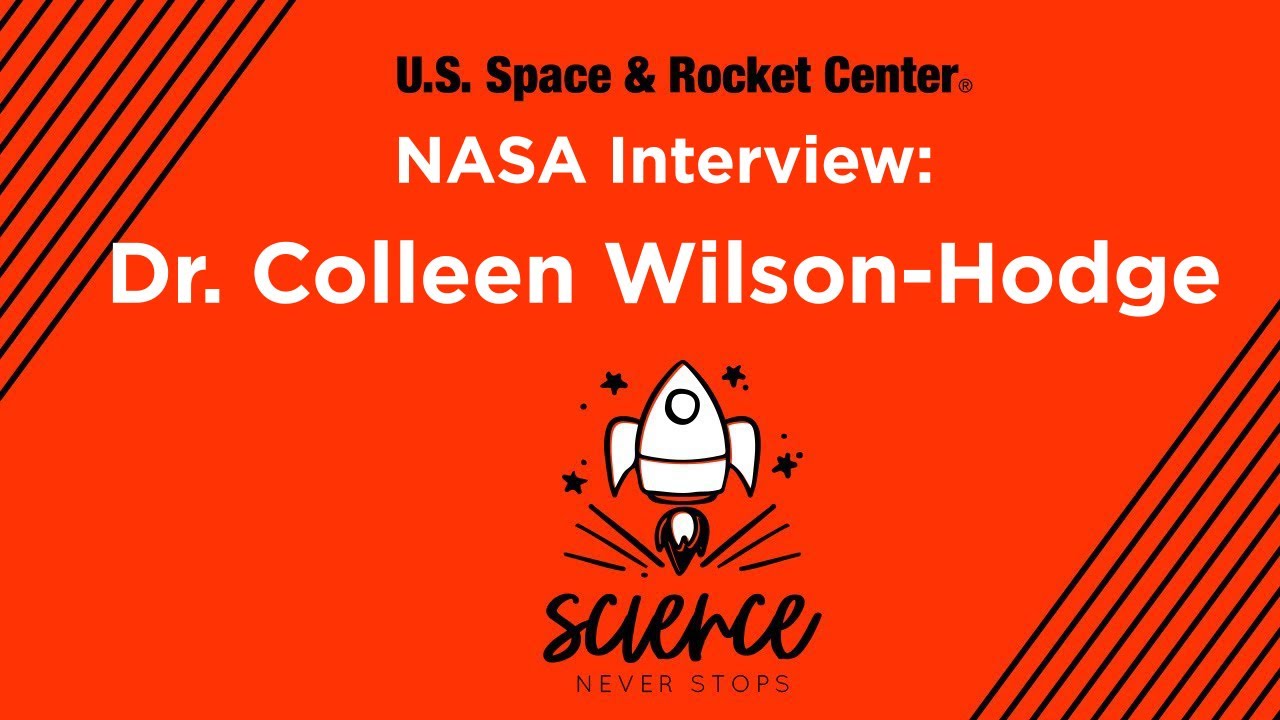 Dr. Wilson-Hodge discusses what it's like to study Gamma-ray Bursts using the Fermi Gamma-Ray Burst Monitor, what an impactful mistake from a mentor taught her about problems and more!
Dr. Wilson-Hodge discusses what it's like to study Gamma-ray Bursts using the Fermi Gamma-Ray Burst Monitor, what an impactful mistake from a mentor taught her about problems and more!
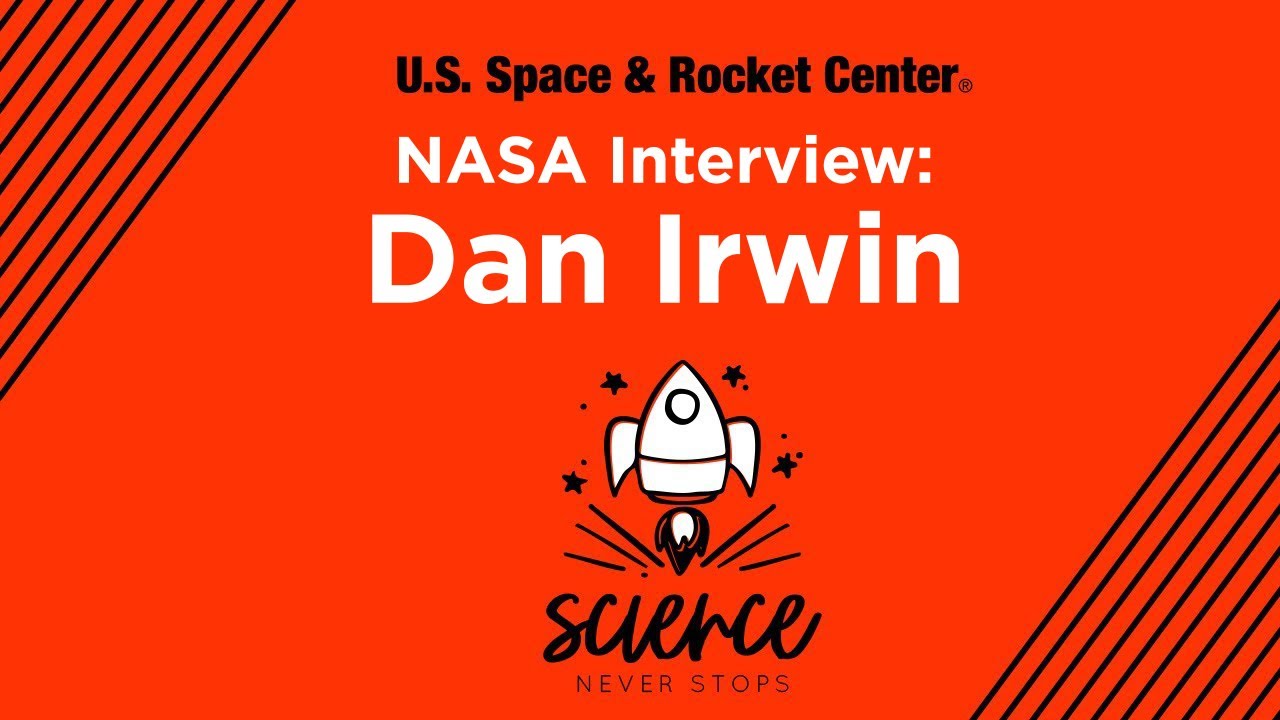 Dan Irwin is the SERVIR Global Program Manager, at NASA's Marshall Space Flight Center and he has a unique connection to playgrounds around the world!
Dan Irwin is the SERVIR Global Program Manager, at NASA's Marshall Space Flight Center and he has a unique connection to playgrounds around the world!
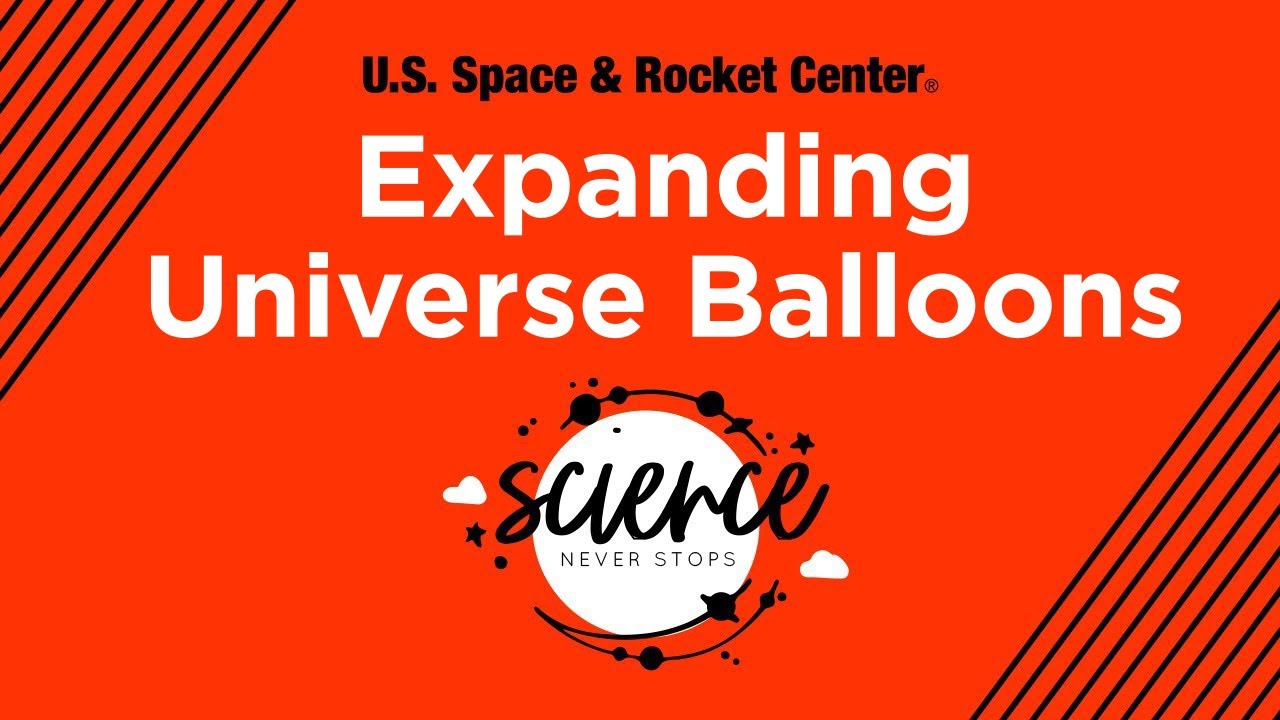 While we don't know everything about the Universe, we do know that it's expanding. See what an expanding universe looks like and learn how you can make your own!
While we don't know everything about the Universe, we do know that it's expanding. See what an expanding universe looks like and learn how you can make your own!
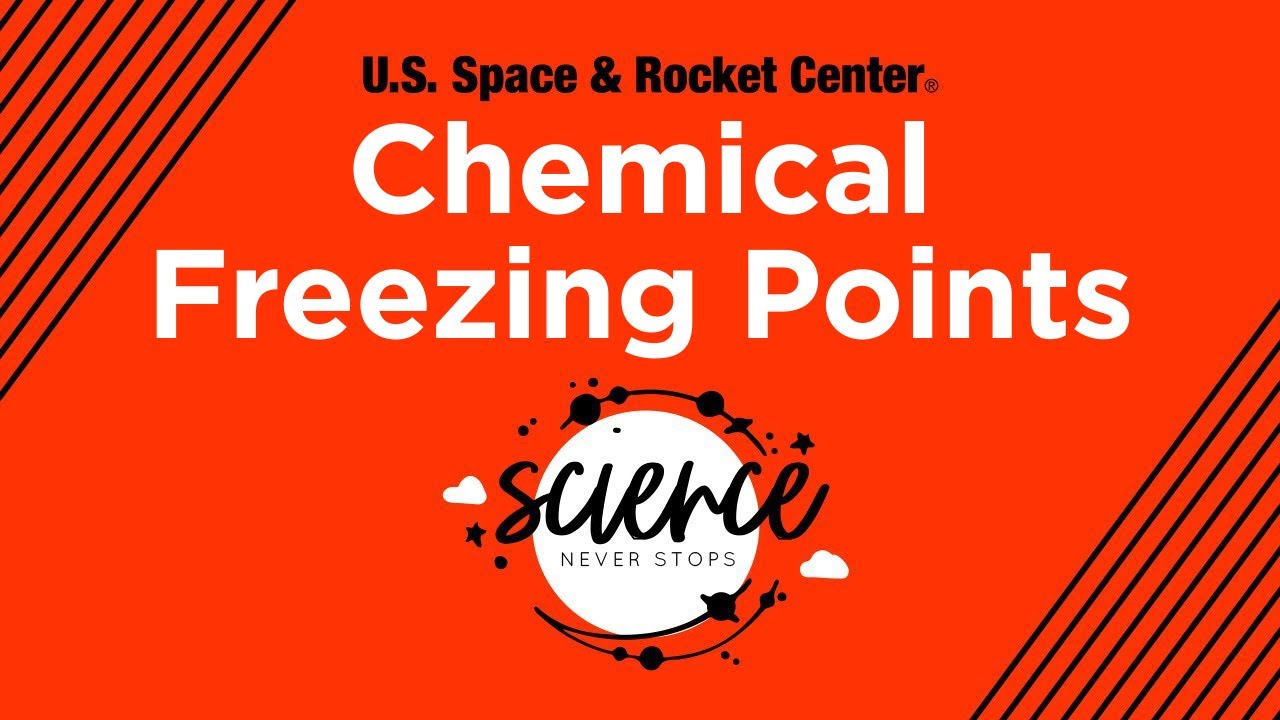 How long does it take tap water to turn into ice? What about salt water or milk? Experiment to learn more about the freezing point of liquids!
How long does it take tap water to turn into ice? What about salt water or milk? Experiment to learn more about the freezing point of liquids!
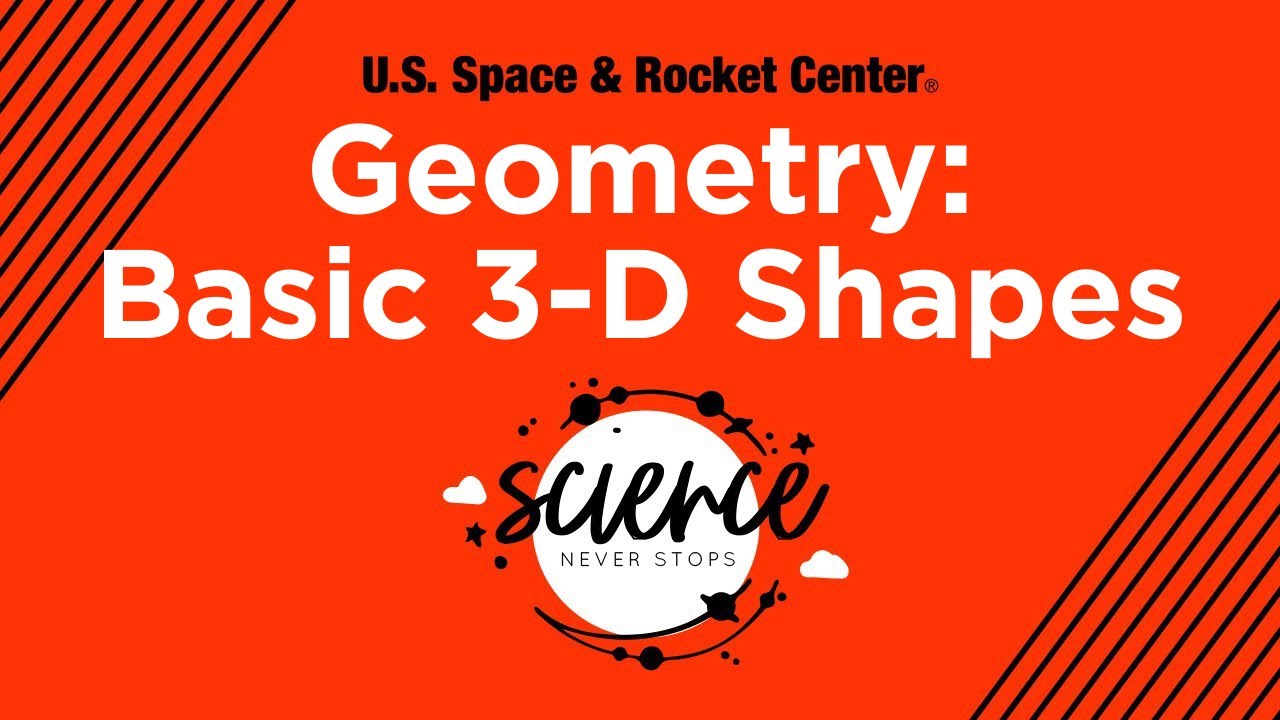 As we continue celebrating Math MAY-hem, learn about some basic 3-Dimensional shapes that we see every day!
As we continue celebrating Math MAY-hem, learn about some basic 3-Dimensional shapes that we see every day!
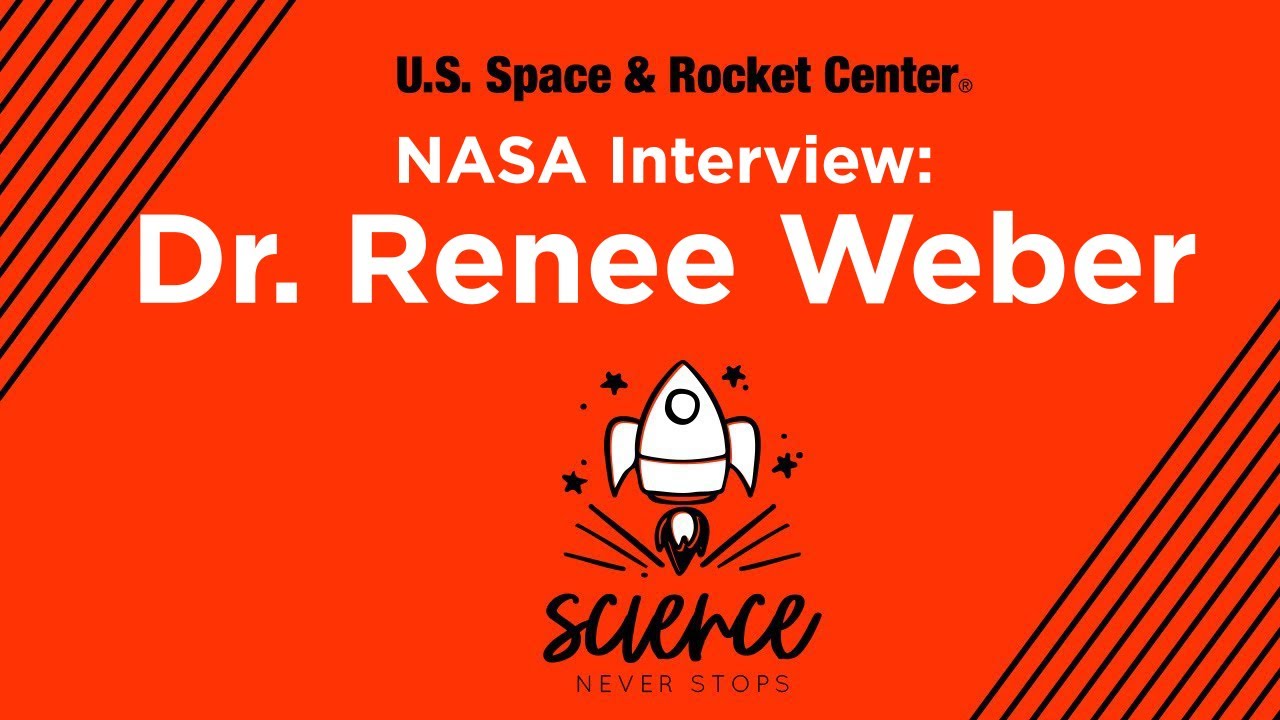 Dr. Renee Weber, Marshall Space Flight Center Chief Scientist, talks about what it's like to study planet quakes on other worlds, including NASA InSight, how she used Apollo-era data in her Ph.D. studies and more!
Dr. Renee Weber, Marshall Space Flight Center Chief Scientist, talks about what it's like to study planet quakes on other worlds, including NASA InSight, how she used Apollo-era data in her Ph.D. studies and more!
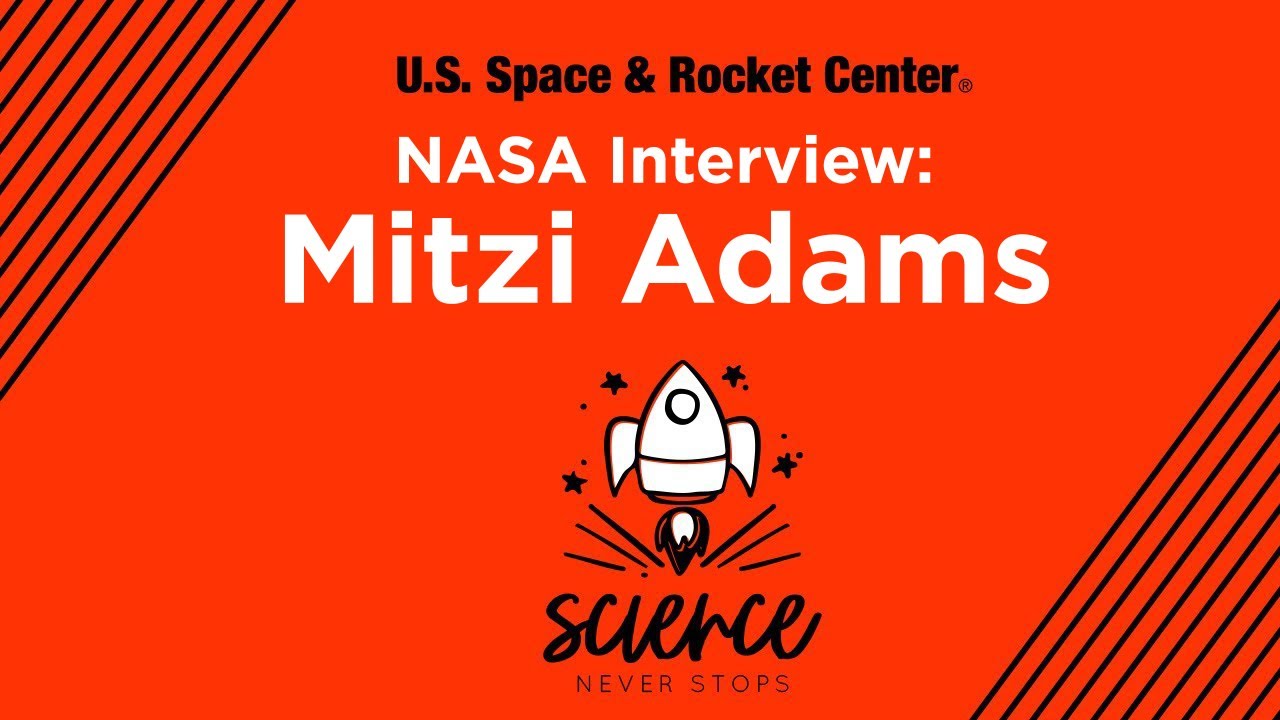 Mitzi Adams is an Astrophysicist at NASA's Marshall Space Flight Center, her focus is learning about the Sun. In this interview, we learn about how the idea of working with Spock inspired her and how she studies solar flares!
Mitzi Adams is an Astrophysicist at NASA's Marshall Space Flight Center, her focus is learning about the Sun. In this interview, we learn about how the idea of working with Spock inspired her and how she studies solar flares!

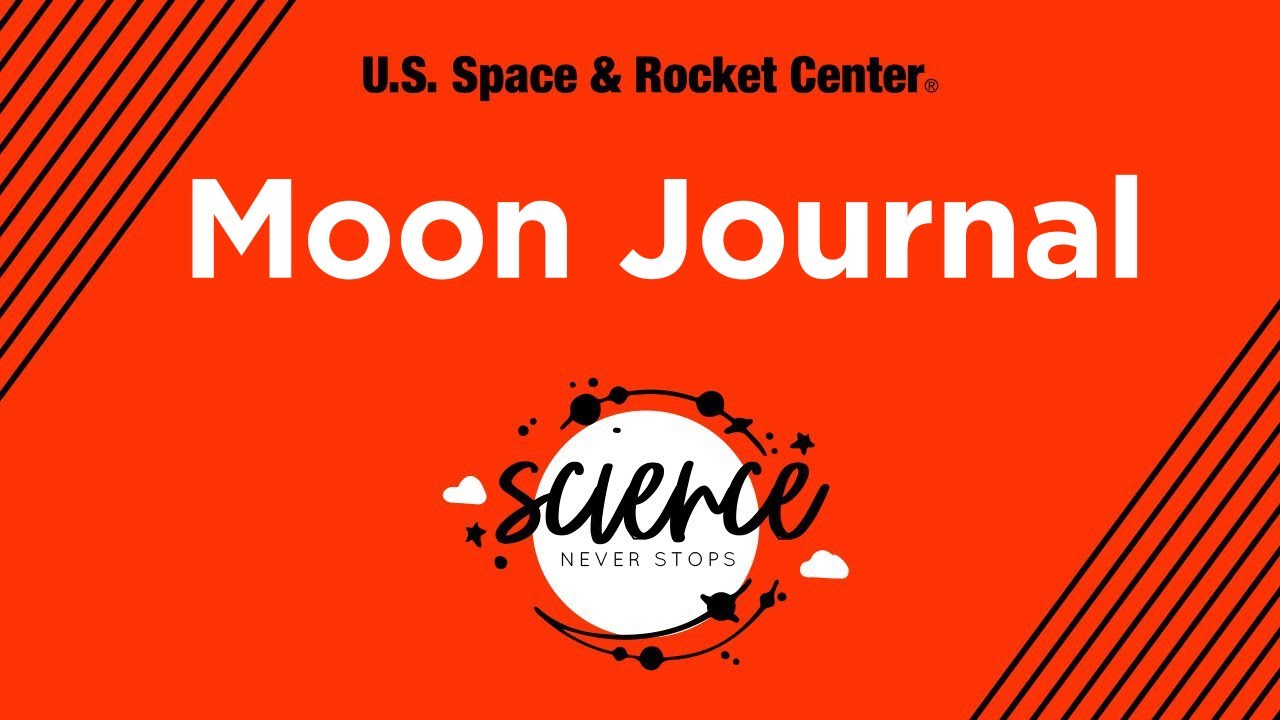 Create a Lunar Journal to track the phases of the moon.
Create a Lunar Journal to track the phases of the moon.
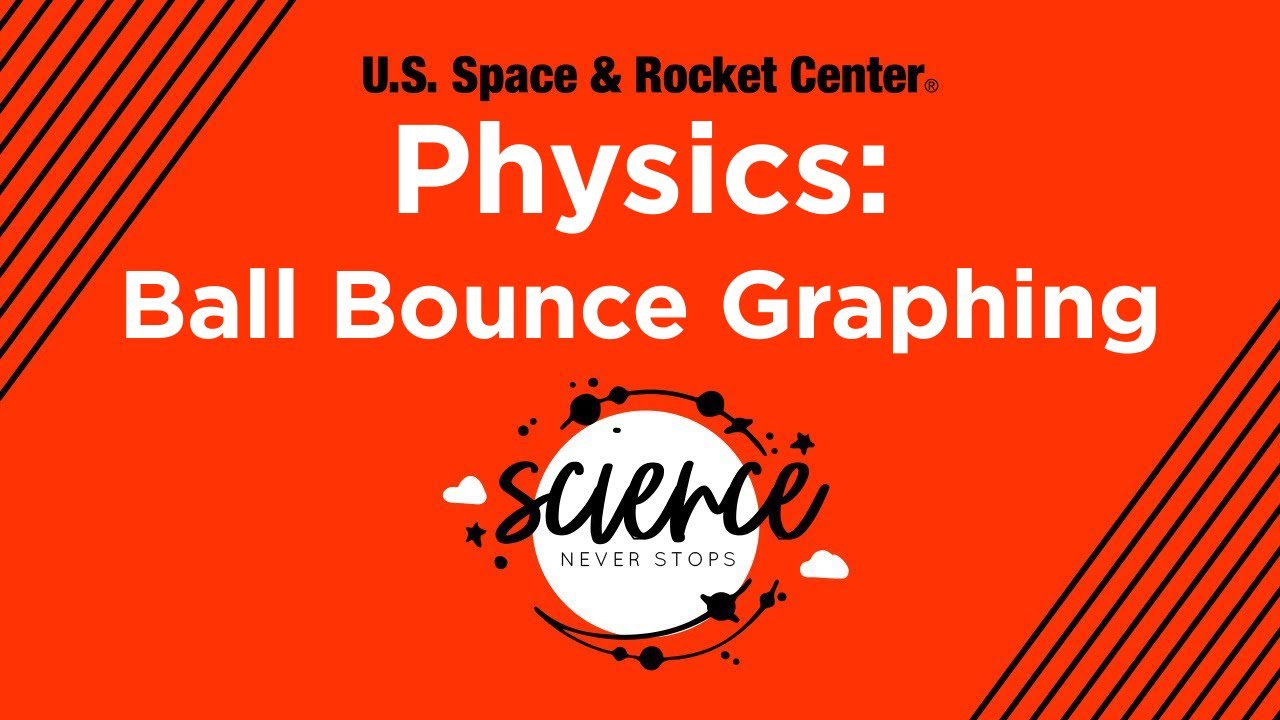 Learn about the Law of Conservation of Energy
Learn about the Law of Conservation of Energy